What to expect in your first year of yachting- As a crew chef.
This is a very exciting time. You’ve just completed your STCW 95 (an industry required safety course that everyone MUST do) and you’re ready to hit the ground running in one of the major yachtie hubs around the world. You may even call yourself “Green” or a “Green Yachtie” in your job postings. Hopefully, you are excited to get on board a yacht and cook for guests and crew for the first time!

Where to look for your first yacht chef job
I would personally start searching for a job in Antibes, France. This seems to be one of the BEST places to start. It’s a natural haven for yachts of all sizes at the beginning and end of the Med season. Dock walking is a great way to land your first yacht chef job.
Start looking around March. I also find September is also a great month (that’s when I found my first job) before the yachts start heading over to the Caribbean.
If you are starting out yachting stateside, head to Fort Lauderdale or West Palm in Florida.
Don’t forget to have a well presented CV prepared. Make sure you check in to various crew agencies every day to help keep your profile at the top of the pile. There is also a job board listed on this site, so keep an eye on that regularly too.

Is working on a yacht anything like the “Below Deck” TV show?
Now that I’ve touched on where to start the next most important thing is to know that “It’s nothing like Below Deck”.
If you haven’t seen it, then good on you, because it tends to put certain ideas into people’s heads. Obviously there are parts that are similar, they do work on yachts after all, but the majority of what happens on board is all for TV. It’s important to keep in mind that Below Deck is a classic American reality show afterall.
The reality of working on a yacht as a chef is much different. The industry is exceptionally professional in all facets, especially regarding safety and guest interaction. I can honestly say that after more than 5 years working on private and charter vessels, I have yet to witness firsthand many of the “made for tv” scenarios you will have seen dramatised on Below Deck.
Now that we have your expectations of working on a superyacht sorted, let’s jump forward. Let’s assume you’ve landed your first job as a yacht chef.
A very common career path for experienced restaurant chefs is to still enter the industry at the entry-level chef position. This is usually as a crew chef. The reason many chefs take a crew chef job as their first yacht job is to learn the way of yachting. Working in a galley on a Superyacht is vastly different to working in a busy restaurant. More on that in a future post.
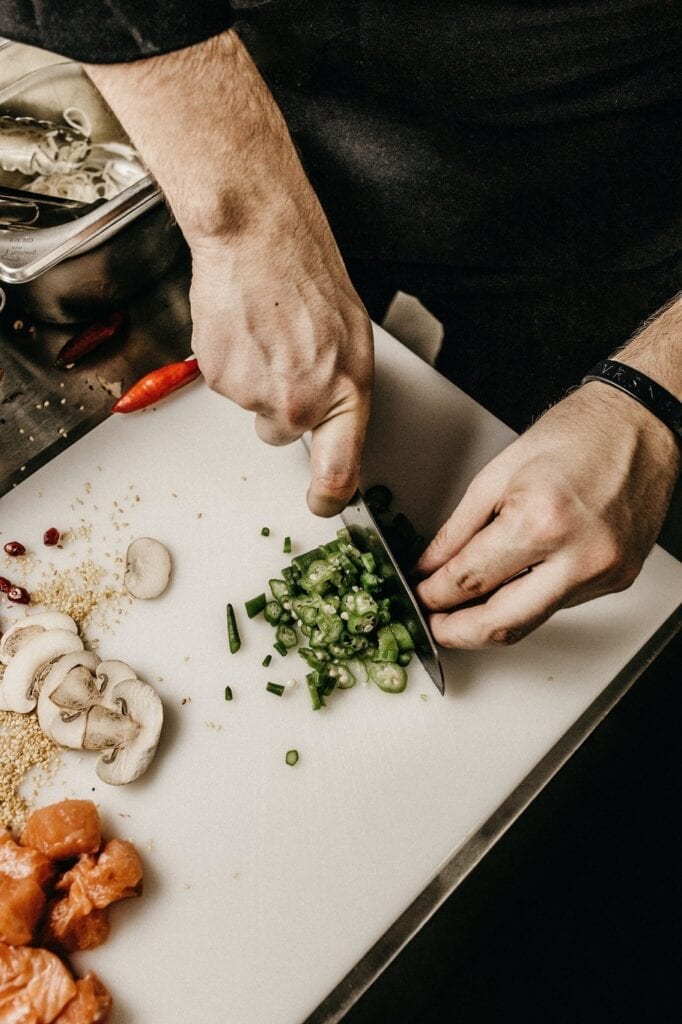
Now, what to expect in your first year of yachting.
Firstly be prepared to learn lots, whether you are on a charter or private boat, either way, you will be learning tonnes. So I’d keep a notebook handy. There will be many times daily where you will learn new tips and tricks and perhaps even new cooking techniques. Remember you’ll be working with new equipment and some galleys have some pretty cool galley gadgets. You may have paco jets, sous vide, smoking guns, teppanyaki or even a tandoori oven to play around with.
On top of all your learning, you have to now cook for a crew of upwards of 20 people. This is a challenge in itself at sea. You may have gone to cooking school or have cooked in restaurants for a decade, but cooking at sea has its own quirks that can only by learnt by doing. Gone are the days of having another chef below you come through and clean or create the desserts. You will be responsible for menu planning, prep, and cleaning. Not to mention navigating the myriad of eating habits and dietary restrictions of so many crew.
This may take time, and as you go you can experiment more with difficult dishes. At the start I would stick with cooking simple dishes, ones you know how to make really well. Plan your days, and work ahead.
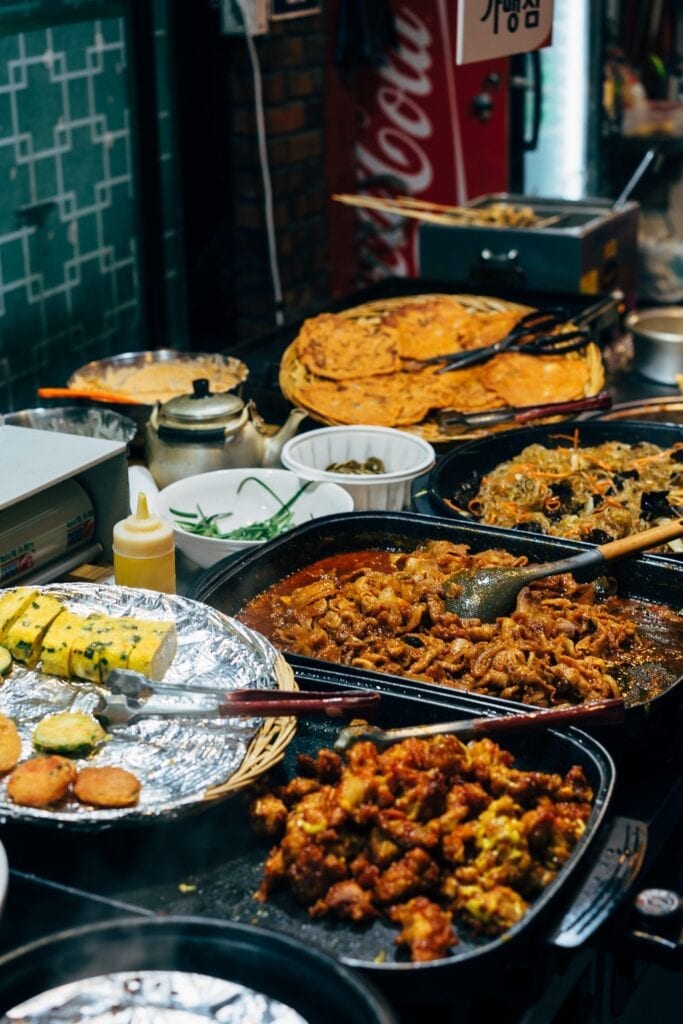
The crew chef should know the crew
Get to know your crew. This is the most important part. What foods do they love? Do you have any vegetarians onboard? Vegans possibly? Check up on legitimate allergies among the crew. It can also be good to be aware of intolerances and general dislikes.
We have created a free downloadable and printable crew meal preference sheet that you can post up on the crew notice board. Check it out here.
You can also create a more in-depth questionnaire for the crew. You could ask if they eat meat, but follow it up with “which meats do you like?” (maybe even rate them from 1-5) What is their favourite dish? Fish, pasta, salad preferences etc.
This way you make sure you are catering for the majority and can sometimes try and add in favourite dishes for some extra brownie points. Being the crew chef on a bigger yacht can be fun planning meals around different crew preferences, you can have a lot of variation with meals and dishes.
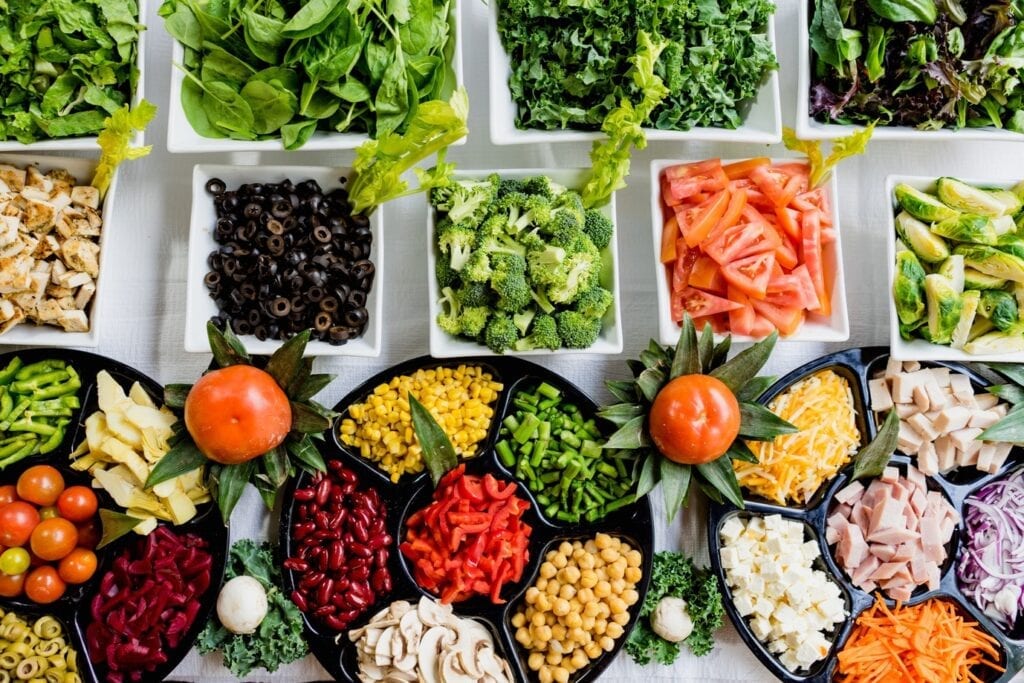
Crew chef meal planning
This brings me onto my next point nicely, PLANNING. Planning is key in every chef position. As a crew chef, I recommend you plan your meals weekly.
Your head chef will decide how provisioning will work on your boat. Some head chefs will plan and cover all provisions and the crew chef will just be delegated a section in the fridge. Other times the crew chef may also create their own orders and provision separately. Depending on the size of the vessel you may also have to shop at local supermarkets and market stalls, so these trips will also eat into your prep and cooking time each week.
Planning your weekly meals on say a Sunday evening, will set you up perfectly for the week ahead. You will know what you need to buy and what to use up. It also helps to be mindful of upcoming crew birthdays, as it is often the crew chef’s job to make the birthday cake.
Your head chef will let you know what sort of meals to prepare for the crew. You may work on a boat that has a daily hot breakfast at 10am, or you may be expected to create cakes and desserts once a week. Every yacht is run differently, but you will know the vibe when you are on board.
If you need some extra ideas for crew meals, check out the handy free spreadsheet here with over 300 dishes that are perfect for crew lunches and dinners.
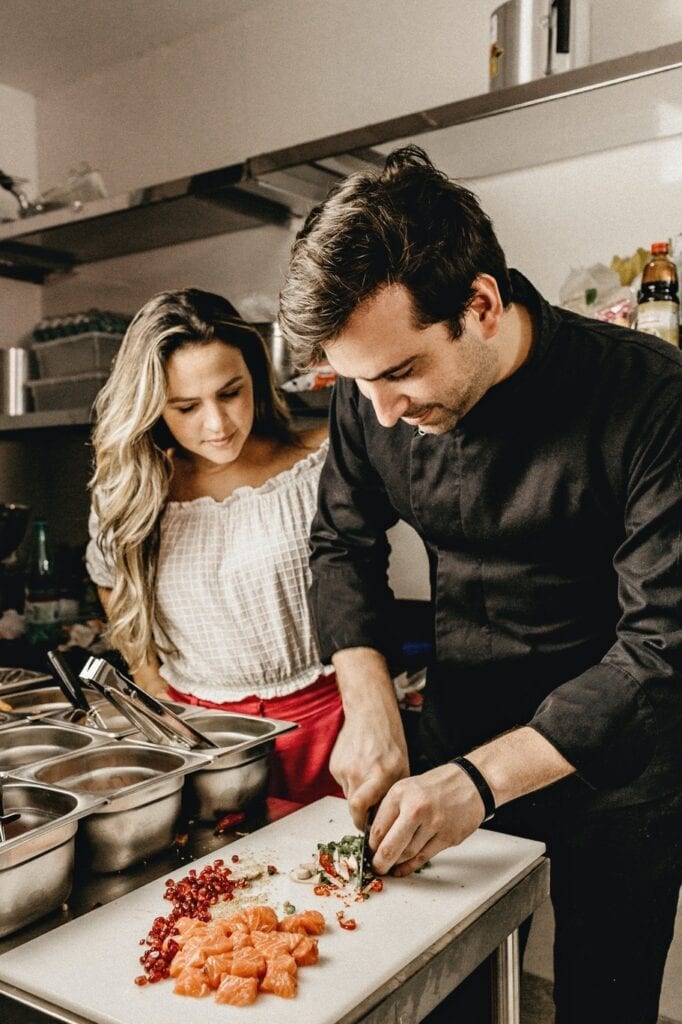
How to work as a team in the galley
Let’s not forget to mention the incredible head and sous chefs you’ll be working with. You may not be doing much guest cooking initially, but you are all part of the same team.
It’s a good idea to always have one eye on them, taking in as much as you possibly can. Be a sponge, and no matter how much you think you know, if you put your ego aside, you may learn a lot from the chefs above you. Be willing to work hard, keep your space clean and tidy and like all yacht crew, keep that smile painted on as much as possible.
Note that you will be expected to do different jobs to what you may be used to. Working in a restaurant is much different to working on board a super yacht, and the galley is run very differently. It is not uncommon for the head chef to sweep and mop the floor or peel crew potatoes for dinner. Nor is it uncommon to see a sous chef plating up guest meals. While the hierarchy is defiantly there, you may be surprised to find yourself working within a really cohesive “team” environment.
I hope I’ve covered some great points on what to expect in your first year of yachting, my most important being LEARNING as much as possible and PLANNING to make your life easier.
Are you still thinking of making the leap into yachting? Will you start as a sous chef first, or jump into the deep end and apply for a head chef role? Or maybe you prefer the idea of being a sole chef? Let us know below.

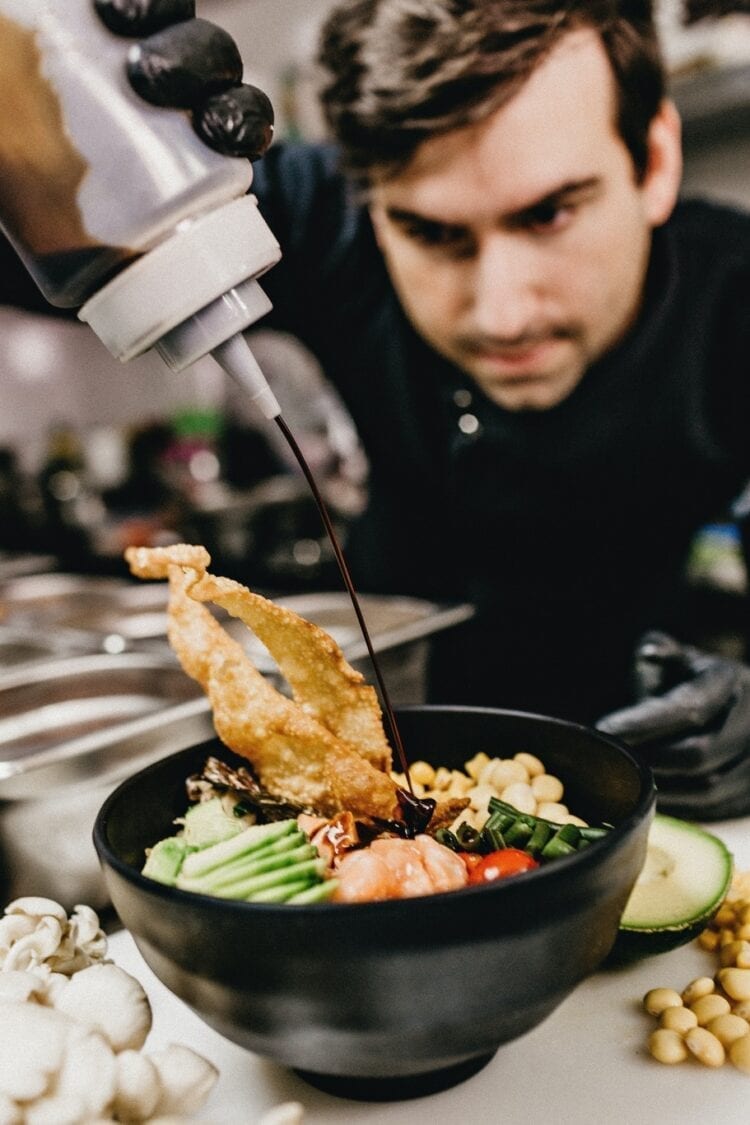
I am an experienced passionate dedicated 5 star chef and will do anything to work on board as a yacht chef